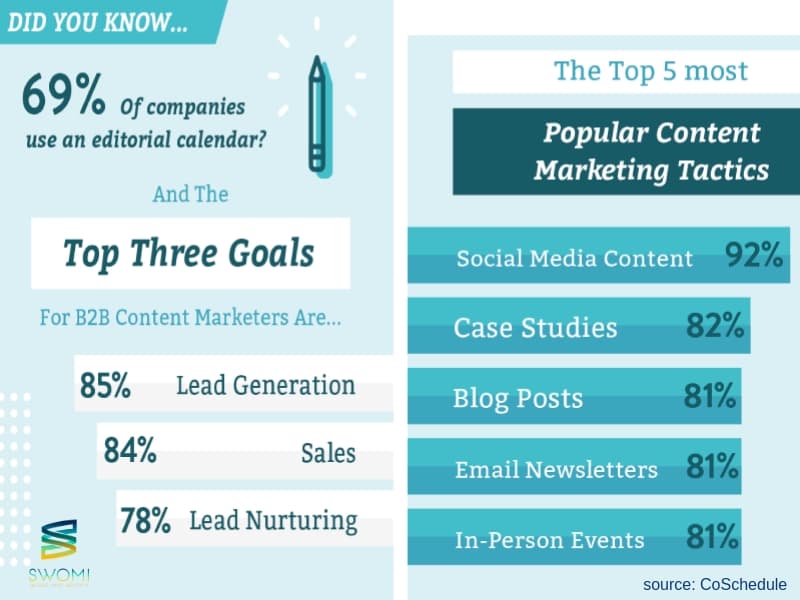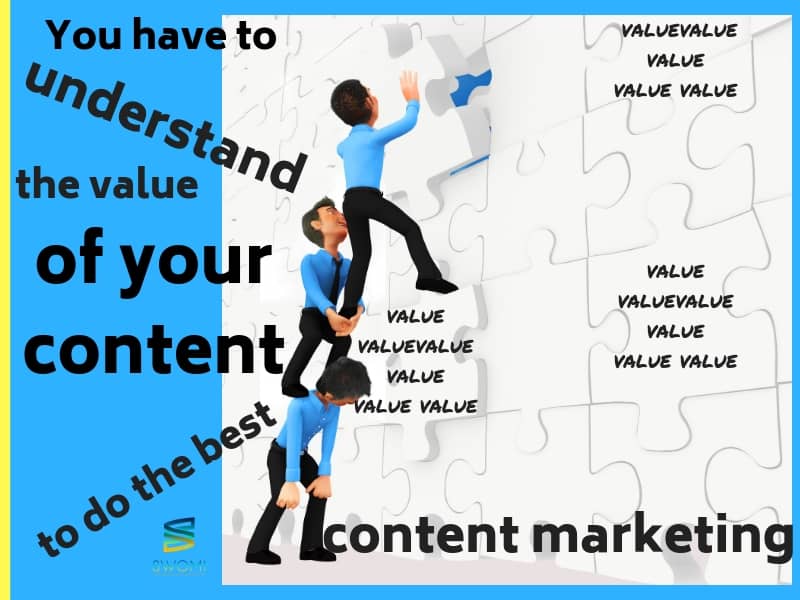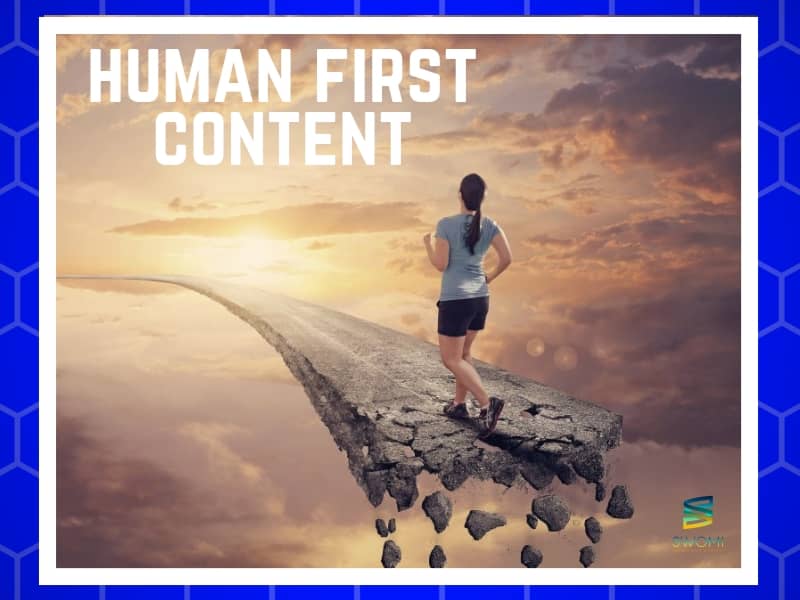A look at how our content creates value for all in the digital ecosystem.
https://soundcloud.com/wayne_valentine/mgntk
This article is letter (O) of our “Your Words Have Worth" series that shows your words and online content have value. “Your Words Have Worth" looks at what's the hottest, latest, and greatest for the coming new year and beyond. Find links to more articles in the series below.
Last time, we talked about you and your content. Now, it’s time to talk about our content. This is how everyone’s content works together.
Specifically, this is how content can be monetized in the digital economy. A growing trend is people making money online by monetizing their content. This can be seen by the number of social media influencers, online entrepreneurs, and affiliate marketers.
The presence of people who earn from their online content are coming to the forefront. What was once an industry most people were weary of, now has become a more understood and popular way of earning.
By the end of this article, you will see...
… how people monetize their content online
… how to create a content monetization strategy with a few straightforward questions
… why these monetization methods still favor Big Tech over individuals
… a first-hand experience of Big Tech moderating user’s content
Monetize Your Content

Everyone can monetize their content, given they have the right playing field to do so. Today’s playing field is heavily skewed in favor of companies. Our mission here at Swomi is to create a world where the individual receives value for their content instead. In this world, everyone is rewarded for their all their online content and online activities.
Today, individuals must practice specific methods to monetize content. They also need to learn industry specific skills like content marketing, SEO, and content creation and curation. Current monetization methods must play by the rules of the big boys. And because these rules were created by Big Tech, they heavily lean in favor of Big Tech.
In general, there are three main ways to monetize content. One, you can make money selling physical or digital products on eCommerce sites like eBay or Amazon. Methods like drop shipping (you market the product and the eCommerce site ships the item), are very popular.

Second, people make money on their own website. Many people in this category started selling on eCommerce sites and began selling on their own site after once they gained some experience. Most likely, they saw that they could increase their monetization efforts by skipping the middle man.
On your own website, you’re not just limited to selling physical products. You can create content that is deeply valuable to a specific audience. Here is where you grow traffic by ranking high on google with SEO and social media marketing.
Another awesome benefit to your own website or blog is it’s potential to make money from multiple sources. Gaining traffic and a loyal audience means you can monetize with affiliate links, advertisements, and sponsored posts.
Create A Content Marketing Strategy

The usual channels for monetizing content, eCommerce dropshipping or monetizing the content and traffic on your own website, all require a content marketing strategy. Nothing online exists in a vacuum.
With all aspects being interconnected, content marketing strategies help you cohesively manage everything from your content, your audience’s interests, and email marketing campaigns.
Why is content so important? Why is it called content marketing instead of just marketing? Content is so important because content creates trust. Trust is the filter all businesses must pass. This has always been true whether that content was an illustrated 1910 newspaper ad or a YouTube video in 2019.
Let’s take a look at Convince and Convert’s 7 Steps to creating a content marketing strategy customers will LOVE.
1. Objectives
Choose one thing you want your content marketing to do whether that’s increase awareness, strengthen loyalty, or increase the number of leads generated.
The goal is not to be good at content, goal is to be good at business because of content.
Because of content marketing, our customers will _____, our prospective customers will _____, and our business will _____.
2. What’s your one thing?
People will care about our content because of ____. Our content will inspire and motivate them because of _____.
3. Measurements
The four categories of content marketing metrics are consumption metrics, sharing metrics, lead generation metrics, and sales metrics.
We will know our content is working because we will track _____, _____, and _____.
4. Audiences
The audiences for our content marketing are described by this persona (_____). this persona (_____), and this persona (_____).
5. Audience needs
Our buying stages are _____, _____, _____, and _____. We have listed all the questions our personas need to move through each stages here: _____.
6. Content execution
Define what you want your customers to do next and use content to guide them there.
7. Content amplification
For this piece of content, we will amplify it with _____, _____, and _____.
First-Hand Content Experiences

Content marketing works best if it’s useful, inspirational, motivational, and documented. Of course there are times when we are brought back to the reality of Big Tech’s ultimate power over people’s content. What are some people’s first-hand experiences with content?
Tech Dirt experiences content moderation by Google:
Back in October, we wrote about how Google had declared -- with no details -- that an earlier post we had done was "dangerous or derogatory" and that it would no longer allow AdSense ads on that page. The real irony? The original post (which contains nothing dangerous or derogatory) was about the "impossible choices" platforms have to make when moderating speech on their platforms. So, what better example than "moderating" an article about how internet platforms will always be bad at content moderation.
But, in a way, this all highlights, again, the very mess we were describing in that original post: content moderation at scale is impossible to do well. You have to write rules that can be consistently applied by a large group of folks who have to review pages very quickly. So it's likely that somewhere in those rules is a prohibition on putting advertising next to certain "derogatory" words. That seems like a clearly drawn line... until there's a comment that isn't using those words in a derogatory manner, but rather to demonstrate questions about content moderation. But there's no exception written into the rules, and there's no allowance for taking the context into account (which would be impossible in its own right, because no reviewer is going to have the time to understand all the context).
Word Up:
Understanding your content is a good first step to understanding how our content works together to form the digital economy. All content and people are intertwined, especially online. That means to monetize content, requires a marketing strategy that can organize and move content and people effectively to support an online business.
Despite sounding like a huge job, your content marketing strategy can be defined by answering a few easy questions. Questions like, “What is your content marketing’s objective,” or, “What are the buying stages for your audiences?”
While creating a content marketing strategy is all well and good, the methods for individuals to monetize their content is secondary to the profits of online corporations. We believe the individual should benefit from their content first. That’s why we are creating our platform to give people the value of their online content. To learn more about how our “Why” empowers your content, visit us at our About page here.
Sources: techdirt, amplymedia
This article is letter (O) of our “Your Words Have Worth" series where we write an article for each letter of the phrase. “Your Words Have Worth" looks at what's the hottest, latest, and greatest for the coming new year and beyond. Find links to more articles in the series below.
(Y)ou And Your Content. The Future Is Looking Bright
(O) Monetizing Content When (O)ur Words Have Worth
(U)tilize Your Content To Make Your Words Have More Worth
(R)epublish. Repurpose. Reinvent. Repeat!
(W) Surprising Places (W)here You Will Find Your Content
(O) What Is The Value Of (O)ther People’s Content?
(R) The (R)ole Future Content - Where It’s Been And Where It’s Going
(D)ating And Business: The Secret To Success In Both
(S) How (S)uper Influencers Monetize Content
(H) Be (H)appy Living The Content Lifestyle [Infograph]
(A) ...coming soon
(V) ...coming soon
(E) ...coming soon
(W) ...coming soon
(O) ...coming soon
(R) ...coming soon
(T) ...coming soon
(H) ...coming soon



